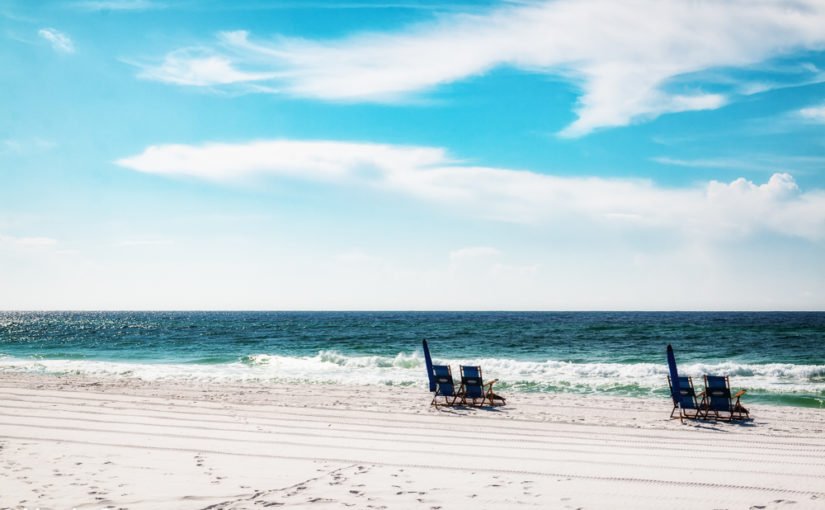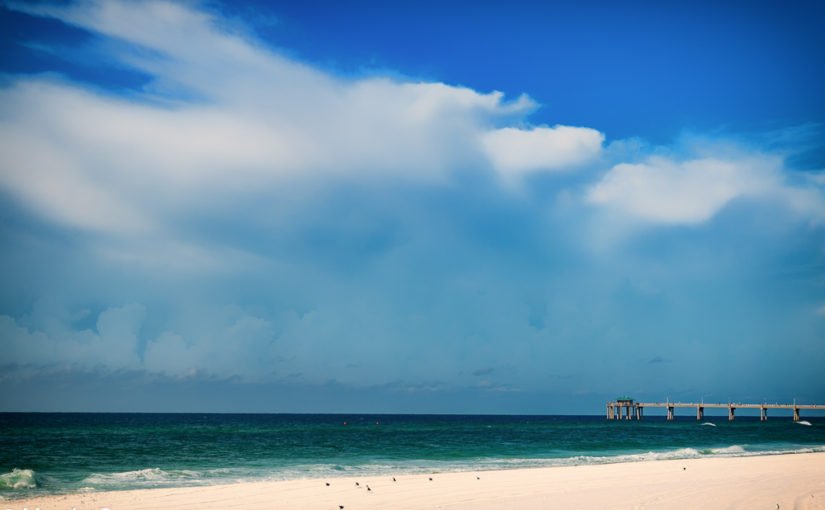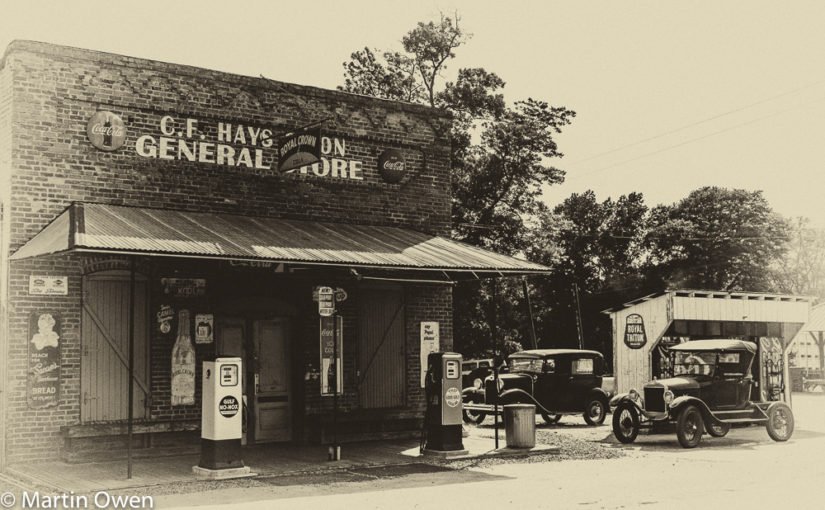As you know, there are moves to de-fund Visit Florida. Such and action would cause irreparable damage to Florida’s tourism industry. If you would like to help, there are many ways you can influence the legislatures decision.
These include contacting your local legislators, contacting members of the committee involved in funding, writing to local news outlets, posting on social media and generally encouraging your contacts to support the action.
Below are links that will help.
As we enter this year’s legislative session, we are fortunate to have the support of Governor Scott and other key leaders. But each and every one of us in the industry needs to advocate for support of the state’s top tax revenue and jobs producer. Here’s how:
View and download the slides that Roger Dow, head of U.S. Travel, presented to the Senate Appropriations Committee last week that shows what can happen if public funding for tourism marketing is taken away.
Email your local elected officials emphasizing the importance of continued funding for VISIT FLORIDA and support of the tourism industry. Contact information for your local elected officials can be found at TourismWorksForFlorida.org.
Share your voice as a participant in Tourism Day. Sign up here.
Follow Tourism Works for Florida on Twitter and Facebook.
Here are the lawmakers to contact:
Rep. Halsey Beshears
Email: Halsey.Beshears@myfloridahouse.gov
Call: (850) 717-5007
Post on Facebook: https://www.facebook.com/halsey.beshears/
Tweet: @HalseyBeshears
Rep. Jay Trumbull
Email: Jay.Trumbull@myfloridahouse.gov
Call: (850) 717-5006
Post on Facebook: https://www.facebook.com/jaytrumbulljr/
Tweet: @jaytrumbull
Rep. Mike La Rosa
Email: Mike.LaRosa@myfloridahouse.gov
Call: (850) 717-5042
Post on Facebook:
Tweet:
Rep. Loranne Ausley
Email: loranne.ausley@myfloridahouse.gov
Call: (850) 717-5009
Post on Facebook: https://www.facebook.com/loranneausley
Tweet: @LoranneAusley
Rep. Larry Ahern
Email: larry.ahern@myfloridahouse.gov
Call: (850) 717-5066
Post on Facebook: https://www.facebook.com/electlarryahern/
Tweet: @Larry_Ahern
Rep. Ramon Alexander
Email: ramon.alexander@myfloridahouse.gov
Call: (850) 717-5008
Post on Facebook: https://www.facebook.com/RamonAlexanderFL
Tweet: @RamonAlexander
Rep. Randy Fine
Email: Randy.Fine@myfloridahouse.gov
Call: (850) 717-5053
Post on Facebook: https://www.facebook.com/voterandyfine/
Tweet: @VoteRandyFine
Rep. Julio Gonzalez
Email: Julio.Gonzalez@myfloridahouse.gov
Call: (850) 717-5074
Post on Facebook: https://www.facebook.com/juliogonzalezforflorida/
Tweet: @juliogonzalezmd
Rep. Joe Gruters
Email: Joe.Gruters@myfloridahouse.gov
Call: (850) 717-5073
Post on Facebook: https://www.facebook.com/repjoecrowley/
Tweet: @RepJoePetrarca
Rep. Roy Hardemon
Call: (850) 717-5108
Email: Roy.Hardemon@myfloridahouse.gov
Post on Facebook: https://www.facebook.com/Roy-Hardemon-State-Rep-Dist-108-1043023642434340/
Tweet: @RepRoyHardemon
Rep. Shawn Harrison
Email: shawn.harrison@myfloridahouse.gov
Call: (850) 717-5063
Post on Facebook: https://www.facebook.com/Florida-State-Representative-Shawn-Harrison-121200512612/
Tweet: @Shawnfor63
Rep. Al Jacquet
Email: Al.Jacquet@myfloridahouse.gov
Call: (850) 717-5088
Post on Facebook: https://www.facebook.com/StateRepAlJacquet/
Tweet: @ALJacquet
Rep. Alex Miller
Email: Alex.Miller@myfloridahouse.gov
Call: (850) 717-5072
Post on Facebook: https://www.facebook.com/AlexMillerforFlorida/
Tweet: @ElectAlexMiller
Rep. Paul Renner
Email: Paul.Renner@myfloridahouse.gov
Call: (850) 717-5024
Post on Facebook: https://www.facebook.com/VoteRenner/
Tweet: @Paul_Renner
Thank you for your help.












